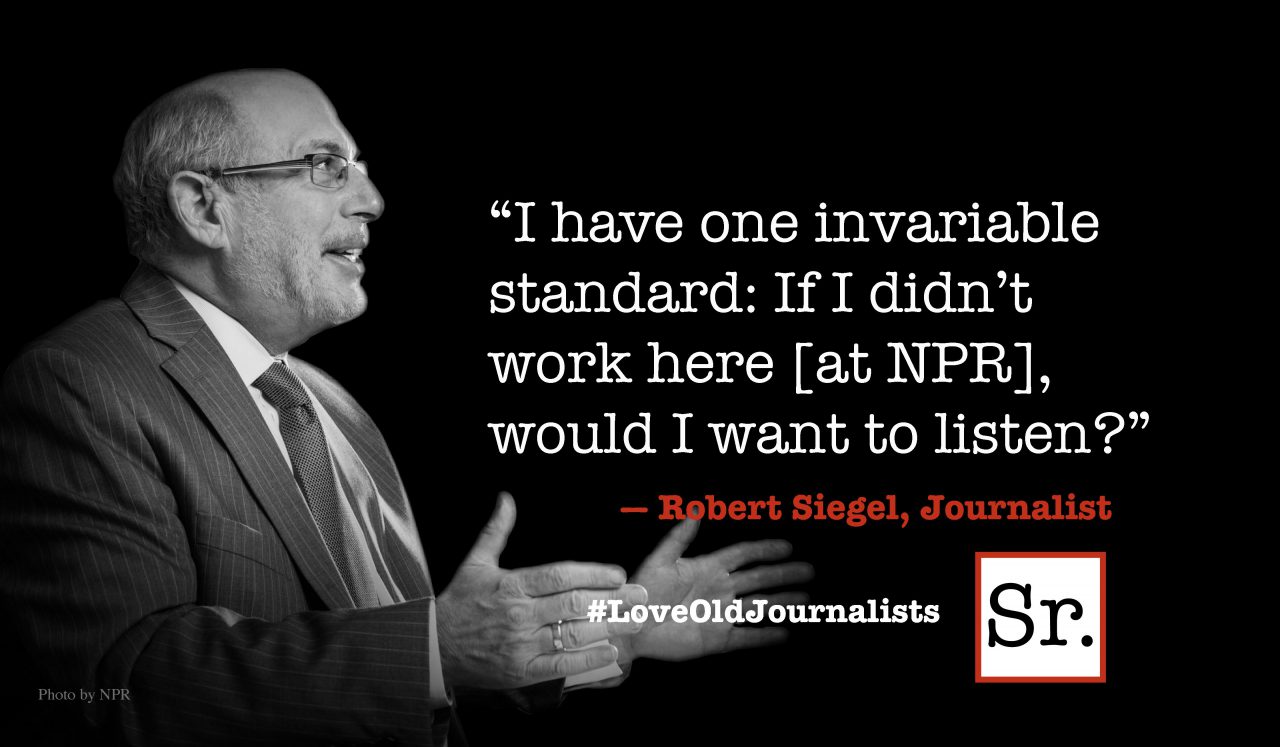In the final stage of the election campaign, U.S. foreign policy has become a hotly-debated subject and President Barack Obama’s Republican opponent is portraying him as a leader who travels the world apologizing for America. The president projects weakness, or so the story line goes, and therefore emboldens terrorists.
In the interest of historical context, here is a quiz on apologies and presidential acts that project a lack of resolve.
During whose presidency did the United States issue a clear, unambiguous apology for decades of mistaken policies on the Middle East? A) Barack Obama B) George W. Bush C) Bill Clinton D) Ronald Reagan.
Which president ordered the withdrawal of American troops from a Middle Eastern country after suicide bomb attacks that killed U.S. marines and civilians? A) Barack Obama B) George W. Bush C) Bill Clinton D) Ronald Reagan.
The answer to the question on apologies is B) George W. Bush. His Secretary of State, Condoleezza Rice, went to Cairo in June 2005 and issued a truly remarkable admission of past misdeeds. "For 60 years my country, the United States, pursued stability at the expense of democracy in this region here in the Middle East — and we got neither. Now we are taking a difference course. We are supporting the democratic aspirations of all people."
In other words: Sorry, we backed all those autocrats in the past and paid no attention to the people they were oppressing. (The fine words did not turn into deeds — but that’s another story).
Barack Obama went to Cairo four years later, in June 2009, also to address the Arab and Muslim world from the Egyptian capital. His speech did not go nearly as far as that of Rice. The man portrayed as America’s apologist-in-chief by conservative opponents said he came “to seek a new beginning between the United States and Muslims around the world, based on mutual interest and respect.”
Egypt’s dictator, Hosni Mubarak, was livid at Rice’s speech for its criticism of undemocratic leaders; he praised Obama’s. Mubarak was swept away in the 2011-2012 Egyptian revolution which the Obama administration was late in backing.
As to part two of the quiz, the answer is Ronald Reagan, a Republican resident with a reputation for steely resolve and a muscular foreign policy. That reputation did nothing to deter suicide bombers from murdering Americans in Lebanon, with increasingly brazen attacks. In April, 1983, a truck packed with explosives plowed into the U.S. embassy in Beirut, killing 63, including 17 Americans, among them the CIA station chief.
Six months later, 241 U.S. Marines died when a suicide truck bomber blew up their barracks at Beirut International Airport, their base of operations as part of a multi-national mission to keep Lebanon’s warring factions from killing each other in their civil war. Reagan’s initial reaction: we will not be cowed by terrorists. The U.S. would maintain its military presence in Lebanon, he said. Another three months later, he ordered the Marines out. There was no serious retaliation.
The Beirut attacks boosted the prestige of Hezbollah, the then embryonic Shi'a Islamic militant group which denied involvement but was widely believed to have carried out the operation. Hezbollah went from strength to strength and became a major military and political force in Lebanon.
Writing on the 25th anniversary of the barracks blast, Reagan’s former national security adviser, Robert MacFarlane, said the lack of retaliation had prompted “Middle Eastern terrorists (to conclude) that the United States had neither the will nor the means to respond effectively to a terrorist attack.”
MacFarlane drew a straight line from the Beirut bombing to the 1993 attack on the World Trade Center, the Khobar Towers in Saudi Arabia (1996), the twin attacks on the U.S. embassies in Dar es Salaam and Nairobi and ultimately September 11.
That chapter of Republican presidential history is not part of the talking points of the Mitt Romney/Paul Ryan campaign. But it bears keeping in mind as the presidential candidates argue over foreign policy.








